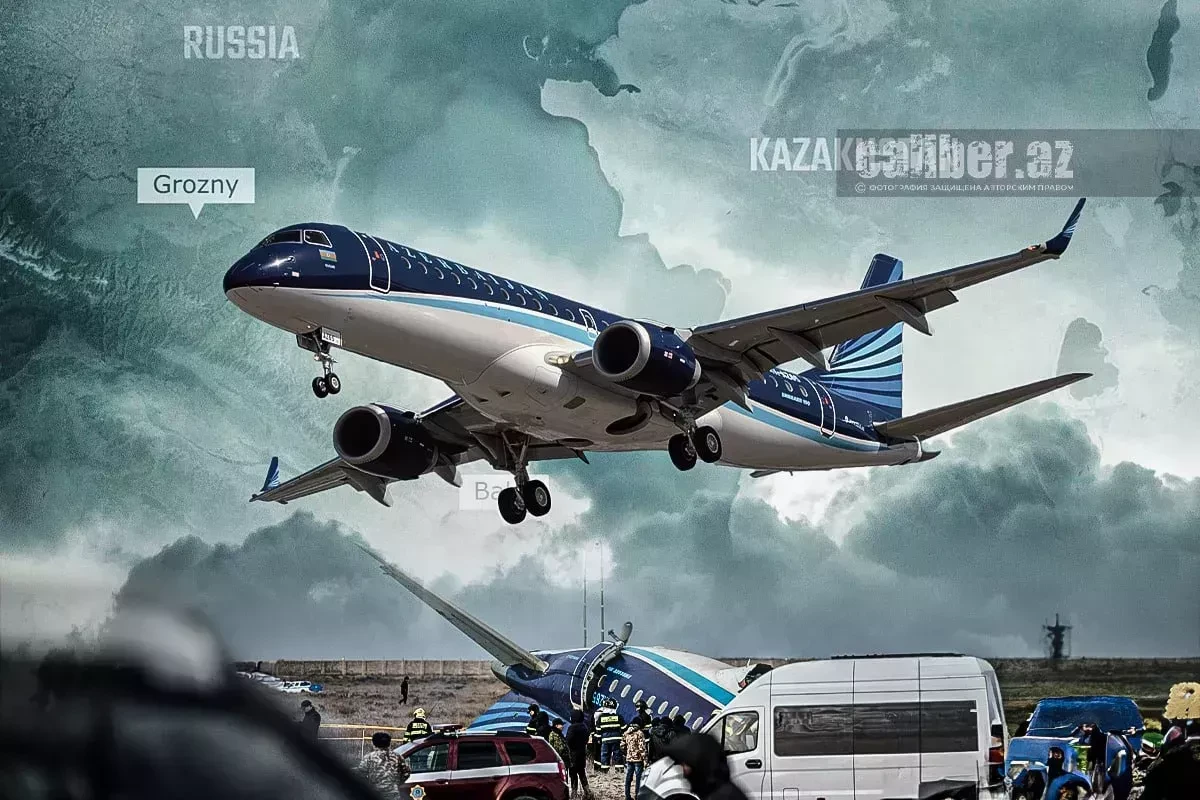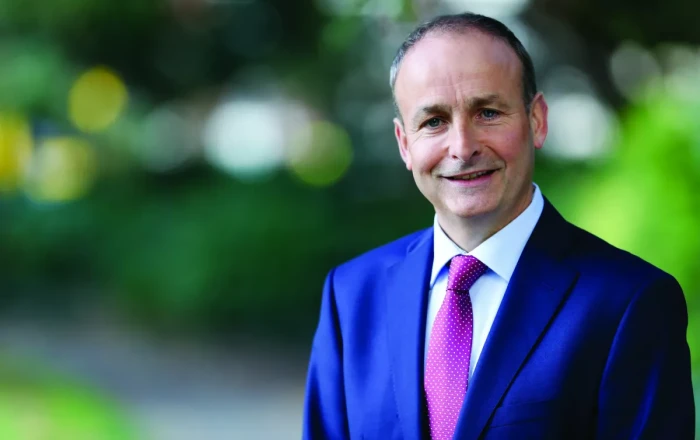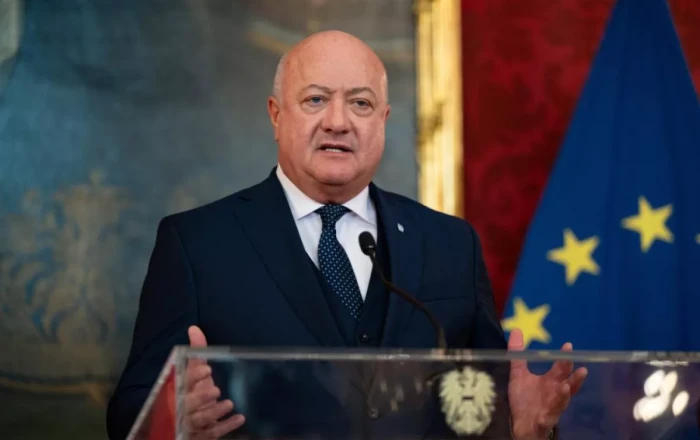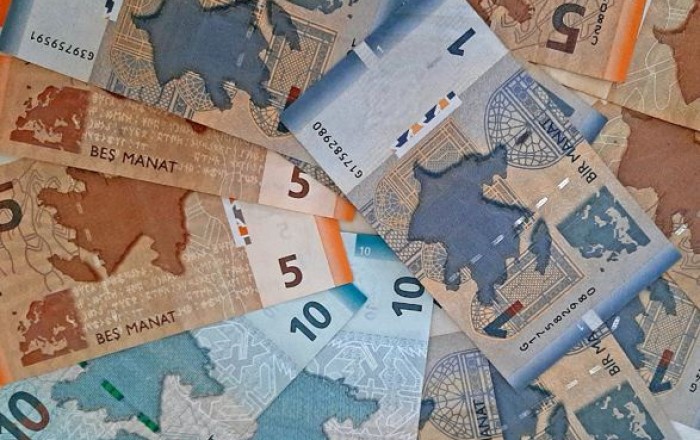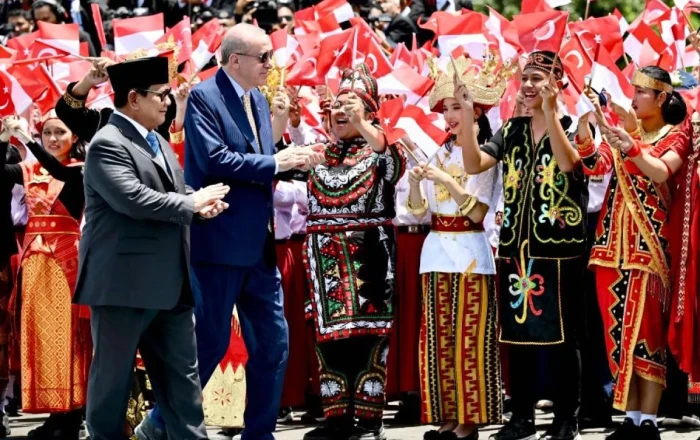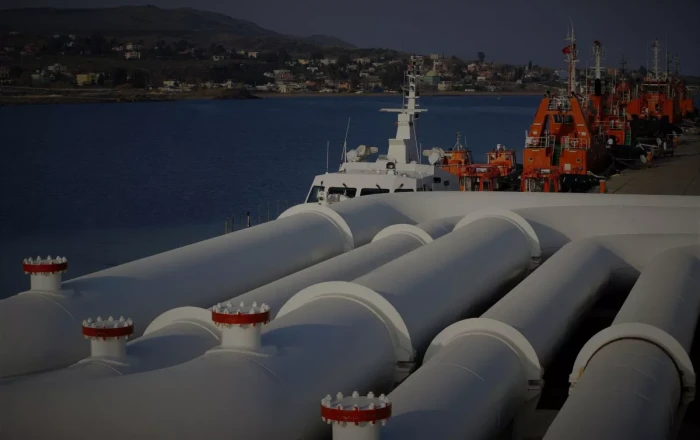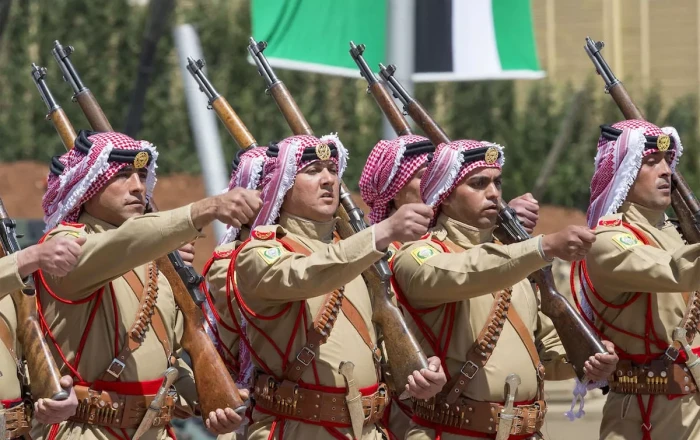How much longer can we remain silent? Why has Moscow not yet punished those responsible for the attack on the AZAL passenger plane? Why does the death of dozens of people remain unpunished? Azerbaijan has the right to demand answers — and the world must hear them.
It has been long enough since the crash of the Embraer 190 passenger plane of Azerbaijan Airlines, travelling from Baku to Grozny and crashing near the shores of Aktau, to expect tangible actions from the Russian authorities in investigating the incident. Yet, all that has been offered so far are mere apologies from the president of Russia.
The tragedy that claimed the lives of 38 people has become not only a human drama but also a serious challenge to interstate relations. Why is Moscow remaining inactive, and how does such a stance undermine the bilateral relations between Azerbaijan and Russia? Foreign political analysts shared their views on this matter with Caliber.Az.

Kazakhstani political analyst Sharip Ishmukhamedov emphasized that the tragedy involving the AZAL passenger flight deeply affected him.
"Today is already May 2025, but for me personally, time froze on December 25. I have relived that day 180 times. The tragedy is not over. It hasn't faded from my mind; its impact continues tp resonate," Ishmukhamedov stressed.
The attack on the plane by the Russian Pantsir-S air defence system caused critical damage to the fuselage, control systems, and ultimately led to the crash that claimed the lives of 38 people.
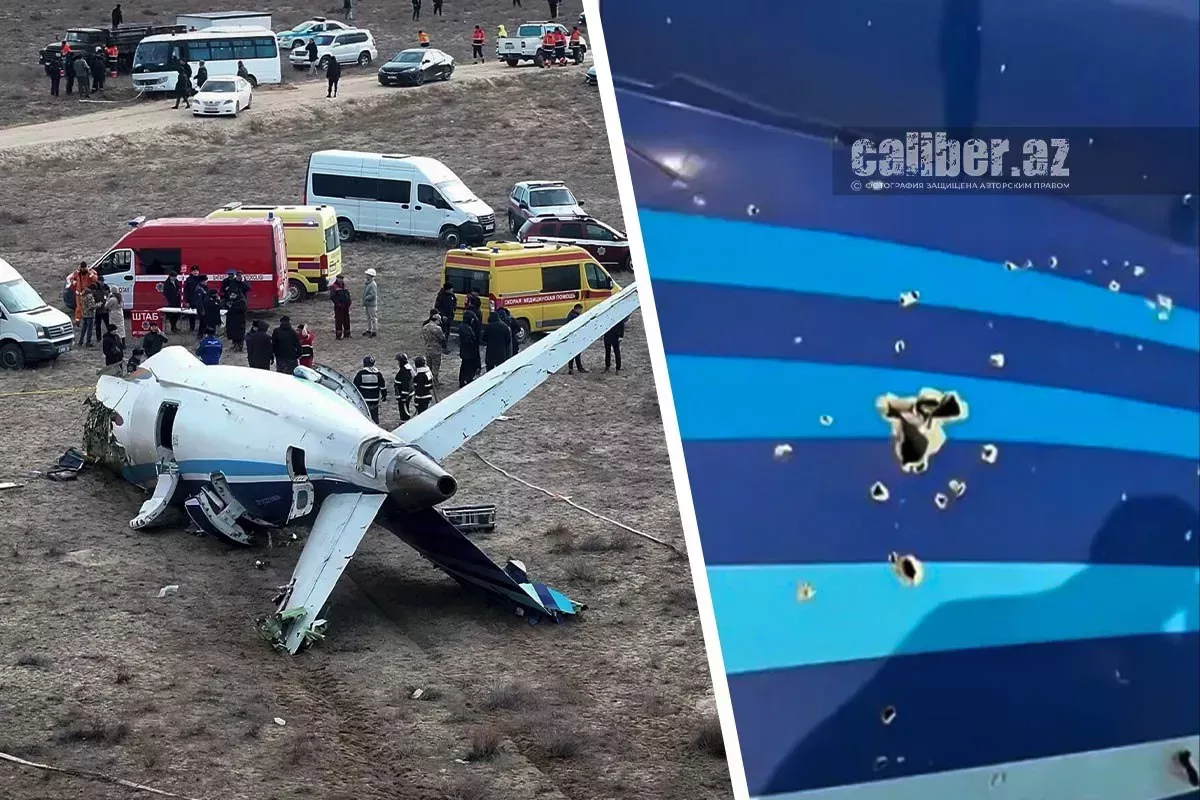
"I intentionally exclude from these numbers those who have been morally and psychologically affected — in Azerbaijan, Kazakhstan, and other brotherly countries. We all witness this injustice, and it stirs within us pain, anger, and a sense of history repeating itself," the political analyst remarked.
Drawing parallels with Azerbaijan's history, he recalled events of a similar nature: "Black January 1990, the tragedy in Khojaly in 1992, external pressure in 2020 — these are all links in the same chain. Moscow has never regarded Azerbaijan as an equal. The imperial mindset persists. It was present during the Soviet era, remained in the '90s, and continues to this day."
According to Ishmukhamedov, the plane tragedy is not only a national catastrophe but also a serious test for Azerbaijan's statehood: "As frightening as it may sound, it is a test. A test for the people, for the country's future. What comes next? Forget? Forgive? Put it aside? Or demand the truth, punish the guilty, and seek official apologies?"
He expressed confidence that the truth must be established.
"Who acted? Why? Under whose orders? All of this is documented. The military has everything recorded. Azerbaijan has every right to demand the declassification of this information and to hold the guilty parties accountable. Azerbaijan is an independent state. It does not need guardianship. It has its own opinion, its own position, and the right to defend the interests of its people and its state."
"Moscow must understand this. The world must recognise it. I wish the people of Azerbaijan, its leadership, and its army — patience, resilience, and wisdom. Strengthen your sovereignty. Fight for justice. I believe that we will see the day when justice prevails. It will be a day of truth and dignity," emphasised Ishmukhamedov.
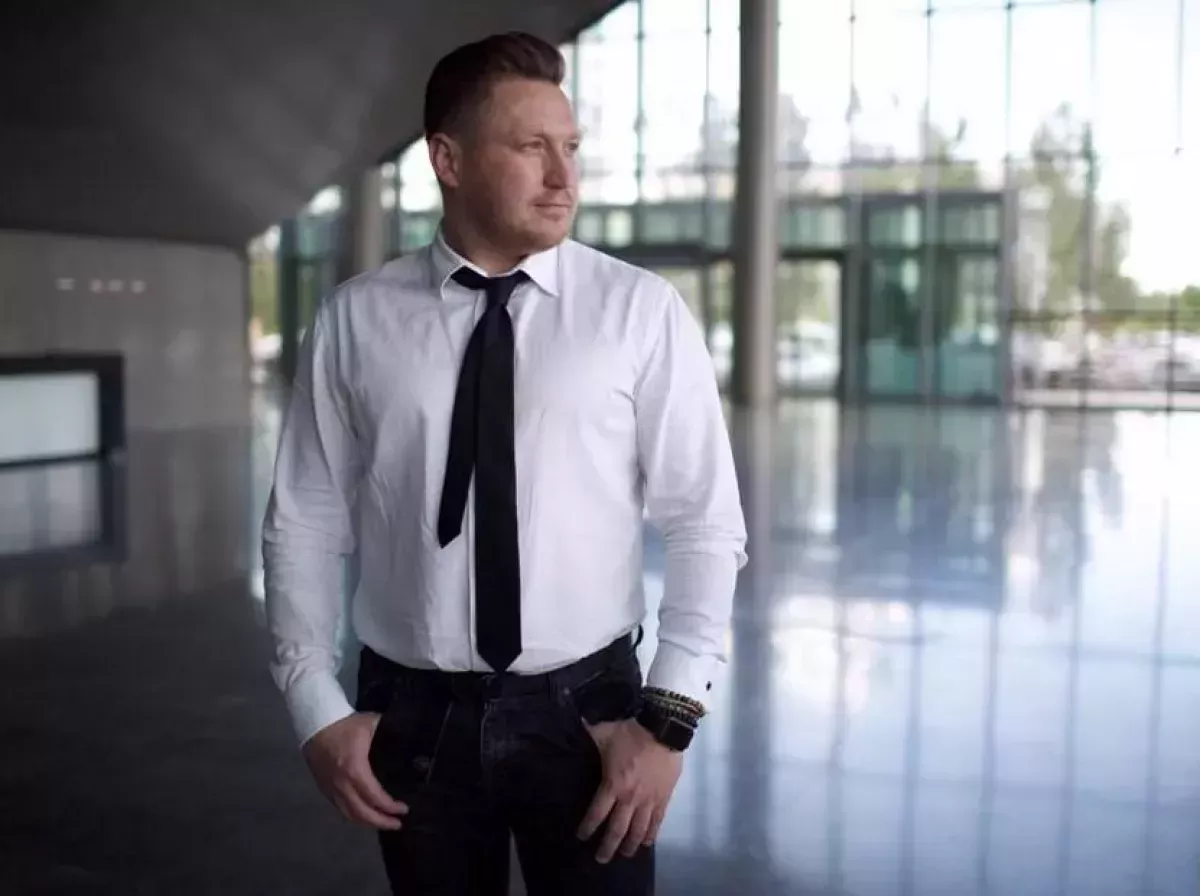
According to Belarusian international relations expert Borislav Osinchuk, it is unfortunate that Moscow has not heeded Baku's appeals. There is a sense that within the Russian political elite, two factions are operating simultaneously: one advocating for dialogue with Baku, while the other deliberately provokes a rupture in relations.
"Bilateral relations cooled even further after Azerbaijan halted the activities of the 'Russian House' in the capital. Many questions have recently arisen in Baku regarding the goals and objectives of this organisation. It is clear that Baku was giving Moscow time to reconsider and did not want to escalate the situation. However, the Kremlin failed to appreciate this noble gesture, pretending to be blind and deaf," he noted.
According to him, this situation was clearly influenced by a group of individuals who were not interested in improving relations with Azerbaijan. This raises the question of why, in the first half of 2025, politicians such as Valentina Matviyenko and Sergey Naryshkin visited Baku. It was quite evident that their visit was not driven by mere curiosity, but by an intention to restore relations between the sides.
"It turns out that their visits were in vain if Moscow never responded to Baku's requests, failed to launch an investigation, punish the guilty, or take other steps toward reconciliation. Thus, an absurd situation has emerged — Moscow lacked the political will to restore relations with Baku to their former level," the political analyst believes.
The political analyst suggests that the theory of two opposing factions within the Russian elite could explain the absurdity of the current situation. It is clear that, at this point, it is extremely disadvantageous for Russia to quarrel with Azerbaijan. A crisis in relations between the two sides could leave Russia with no opportunities to maintain any political influence in the South Caucasus.
"Yerevan and Georgia have reduced their relations with Russia to a formal level, and only Azerbaijan, which signed the declaration on allied cooperation, has sought to strengthen ties with Russia, foster close economic partnership, and actively encourage the development of the Russian language in the country, as well as cultural exchanges between Baku and Moscow.
And now all of this may be undone simply because certain forces in the Kremlin are intent on covering up those responsible for this horrific tragedy," Osinchuk concluded.
Source: caliber.az


